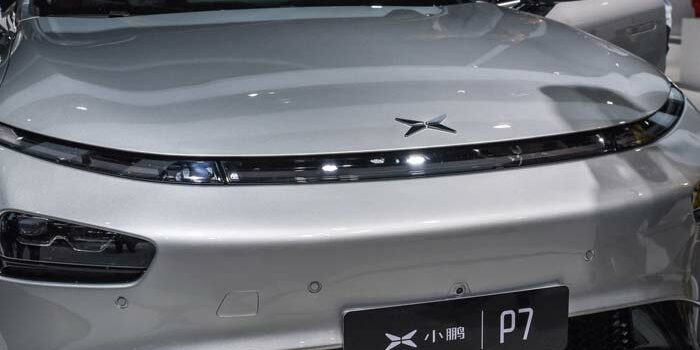EU adds a 38 per cent tariff on Chinese battery electric vehicles starting 4 July
As the China-EU trade war escalates, Beijing slams EU "protectionism", warning that Europe's interests will be hurt. Meanwhile, for days Chinese media repeated government threats of retaliation against EU food exports to China. The EU move is not going down well in Germany, Hungary, and Sweden. For Chinese firms, duties would mean a US-billion loss.
Brussels (AsiaNews/Agencies) – The European Union plans to impose tariffs on Chinese-made battery electric vehicles (BEV) because of state subsidies to manufacturers, a practice deemed unfair competition for European car makers. Tariffs will come into effect on 4 July unless an agreement is not reached with Chinese authorities.
The move was announced today, in the aftermath of the European elections. China immediately described the decision as "protectionism" that “will eventually hurt Europe’s own interests.”
The European Commission will impose a provisional tariff hike on Chinese manufacturers – 17.4 per cent for market major BYD, 20 per cent for Geely and 38.1 per cent for SAIC – depending on the level of state subsidies each firm received.
Electric car makers in China that cooperated with the EU will face a tariff of 21 per cent, while those that did not cooperate would be subject to a 38.1 per cent duty. This is on top of the 10 per cent import duty already in place for Chinese-made electric cars.
The tariffs will apply provisionally from 4 July and then definitively from November unless the issue is resolved. The measure could still be reversed by a qualified majority of EU states – 15 countries representing at least 65 per cent of the bloc's population – voting against the move.
Among EU members, Germany – which is heavily involved the Chinese car market - is opposed, along with Hungary (where a large BYD production plant is expected to be built soon) and Sweden (Volvo being controlled by Geely).
In recent weeks, Chinese media reiterated Beijing's threats against EU exports, including pork and dairy products, if Brussels introduced such duties.
Today, Foreign Ministry spokesman Lin Jian, responding to a question on the issue, pointed out Europe's internal divisions on this matter.
“We noted that senior officials and business leaders in multiple European countries recently stated opposition to the European Commission’s probe and said that imposing more tariffs on Chinese EVs to protect the European industry would be a wrong approach,” he said.
“Protectionism has no future, and open cooperation is the right way forward. We urge the EU to act on its commitment to supporting free trade and opposing protectionism, and work with us to uphold the overall economic and trade cooperation between the two sides. China will take all measures necessary to firmly defend our lawful rights and interests.”
China is the world's largest exporter of cars, and Europe is a crucial market. EU imports of EVs from China mushroomed from around 57,000 in 2020 to around 437,000 in 2023, the US-based Peterson Institute for International Economics said.
Ahead of the EU's move, Germany's Kiel Institute for the World Economy said a 20-percent tariff would mean 125,000 fewer Chinese electric cars to the EU, worth almost US$ 4 billion.
26/04/2024 16:51
21/06/2018 10:23
12/08/2020 16:50







.png)










